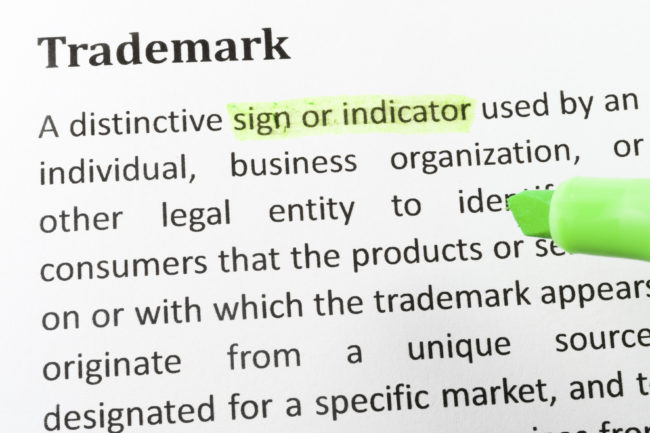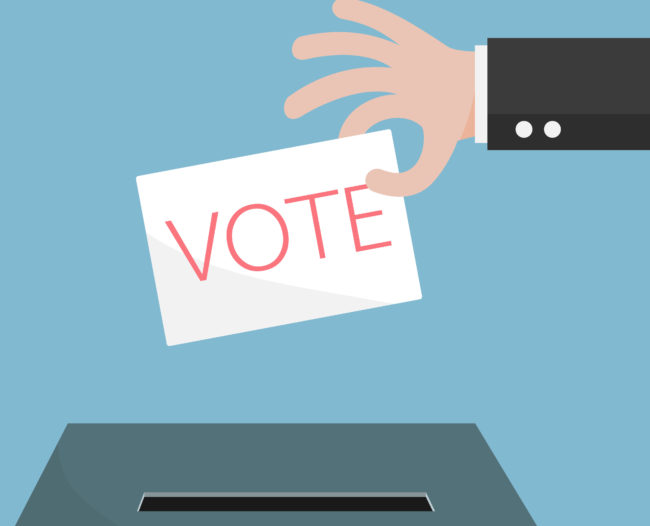On January 18, 2018, U.S. District Judge Jane Magnus-Stinson granted the NCAA’s motion, and subsequently, entered a default judgement against Kizzang LLC. Kizzang provides online sweepstakes and fantasy sports entertainment services. As we have previously covered, the suit originally began in March 2017 when the NCAA opposed Kizzang’s attempt to register the marks “April Madness” and “Final 3.” The NCAA sued Kizzang alleging trademark infringement, trademark dilution, and unfair competition. The NCAA complained that Kizzang’s marks infringed, diluted, and unfairly competed with the …
Continue Reading

